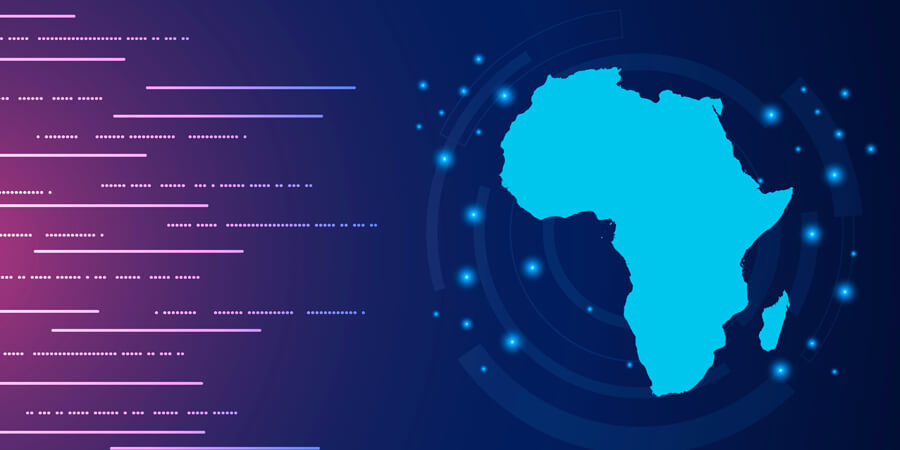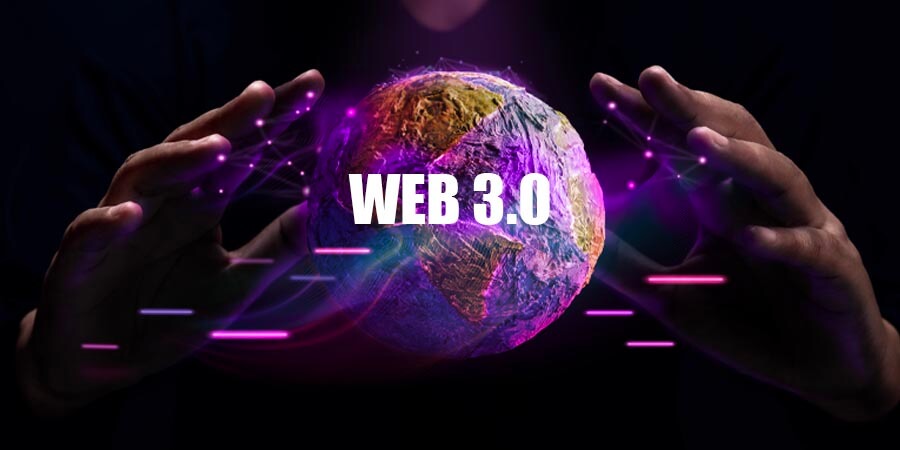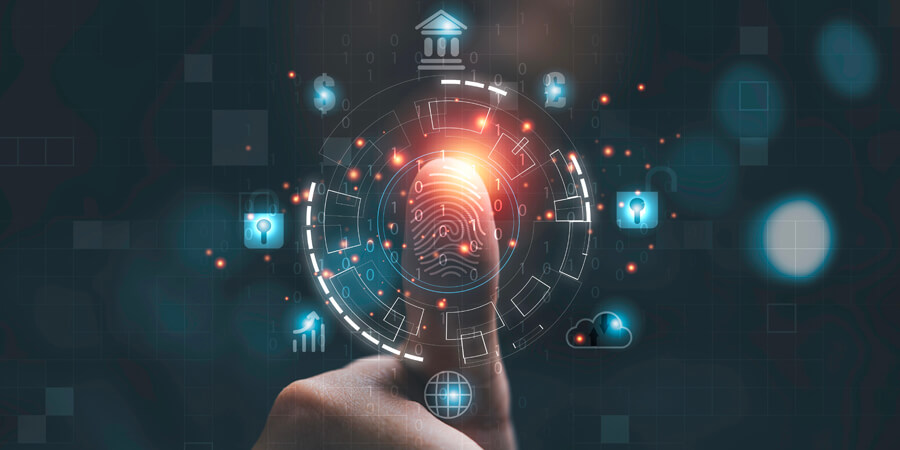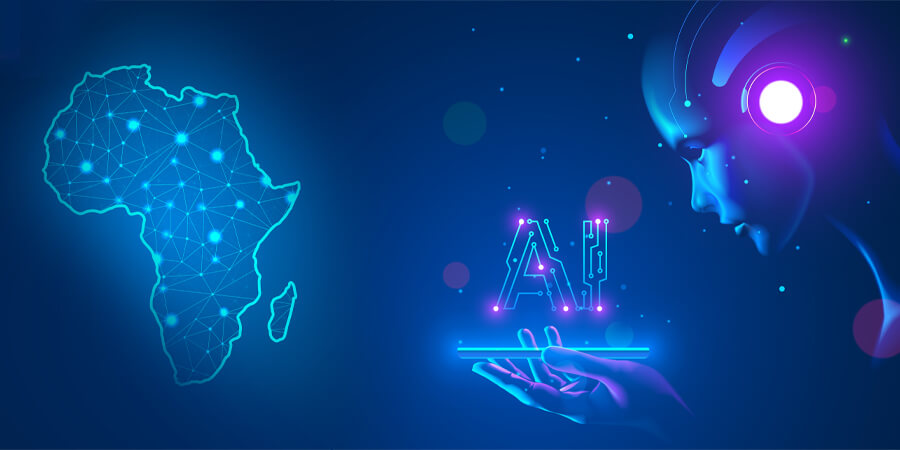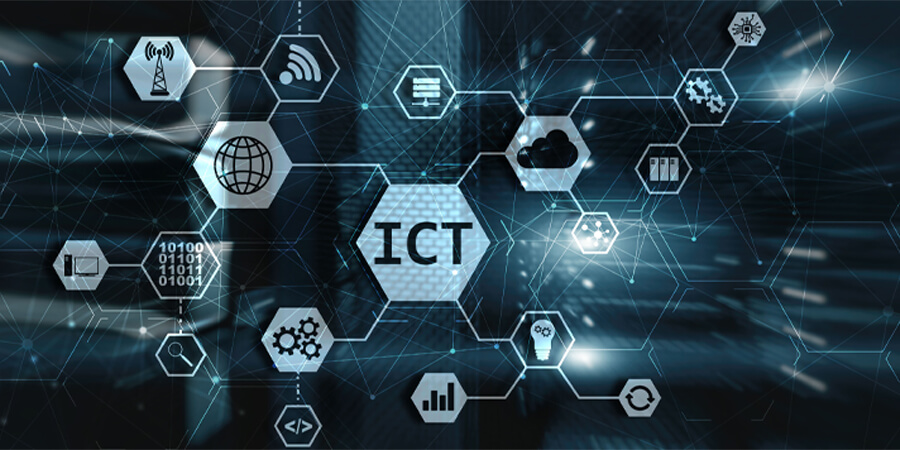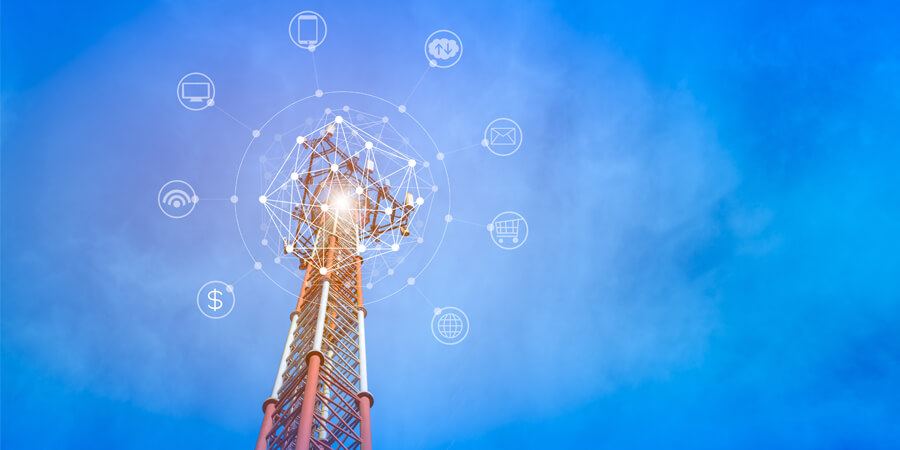Given how quickly other countries are adopting cutting-edge technology, Africa is undergoing a digital revolution. It is easier for the younger generation to learn technology now that more people have better internet access.
Features
Web3 Shifts Power from Platforms to People
Thanks to the centralization of the Internet, which has strengthened the online connections between billions of people, the World Wide Web now has a reliable and stable infrastructure. At the same time, a small group of centralized organizations control a significant portion of the World Wide Web and make unilateral decisions about what should and should not be allowed. Web3 solves this problem. Instead of being dominated by large technology companies, Web3 is decentralized and is created, managed and owned by people, not companies.
Access for All: How Digital Identity Management Can Empower Us
From the moment we wake up in the morning until we turn in for the night, we are constantly sharing personal data, be it through our mobile phones, laptops or digital personal assistants like Siri and Alexa. The more data we share, the greater the chances of it being mishandled and misused. Digital technology greatly enhances our quality of life, but it also exposes us to vulnerabilities in data privacy and security.
Unlocking the Potential of Youth With Telcos
As the world becomes increasingly digital, telecommunications companies are facing new challenges in attracting the younger generation as new customers. With the rise of new technologies, the younger generation has come to expect easy-to-use, fast and reliable services. Telcos need to keep up with these changing technology trends and offer new and innovative services to appeal to this demographic.
A New Era of Innovation: The Rise of AI in Africa
The potential for AI in Africa is enormous, and there are many opportunities for the technology to make a positive impact on the continent. While there are certainly challenges to be overcome, the future of AI in Africa looks bright.
Digital Identity: Simpler, Safer and More Secure
Digital identity, or “digital ID,” is well and truly established as one of the most significant technology trends on the planet. Unlike a paper-based ID such as most driver’s licenses and passports, a digital ID can be authenticated remotely over digital channels. It’s a set of e-information that represents a person’s or entity's identity online. It can include information such as a person's name, date of birth, address and other identifying characteristics, as well as online activity and connections. Digital identities can be used for a variety of purposes, including online transactions, social media interactions and access to online services and accounts. They can be created and managed by individuals themselves or by organizations on behalf of individuals.
Dealing With Network Congestion: A Guide for Every User
To connect all the network components, multiple devices and the huge volumes of data flowing through them, modern businesses and work environments require a fast, secure and stable network infrastructure. Optimal network performance and the best user experience require high uptime. An issue like severe network congestion can negatively affect the user experience as well as the overall performance of the business, leading to revenue losses.
ICTs Altering Education on the African Continent
Information and communication technology in Africa has the potential to transform businesses, education and governments in Africa, fostering leadership, entrepreneurship, innovation and economic growth.
Unemployment Climbs as Youth Lack Digital Skills in Africa
With 70% of sub-Saharan Africa under the age of 30, Africa has the youngest population in the world. With so many young people, the continent has a chance to grow, but only if the next generations are given the tools they need to reach their full potential. It is crucial that young people participate in decision-making processes and are provided with appropriate work and innovation opportunities.
How Decentralized Networks Are Impacting the Telecommunications Industry
Telecom companies are seeking new ways to compete with emerging advanced technologies around the world, and many are trying to adopt new methodologies to work more efficiently. As telecom companies are now set to enter the era of 6G, they are focusing more on how to prepare for the coming challenges that will arise in the market. One of the new technological advances that can help CSPs strengthen their businesses is the decentralized network of blockchain. Decentralized networks run on servers that are run independently rather than on a centralized server owned by a business. “Mastodon” is one example of a decentralized social network. It is based on open-source software and functions a lot like Twitter.




